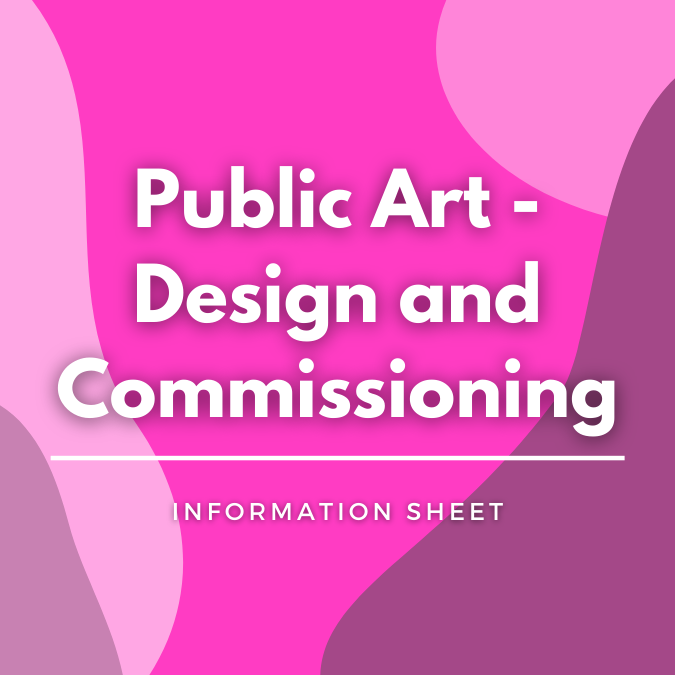Beware Copyright Phishing Scams

Watch out for copyright infringement phishing scams!
Cyber security is important. Anyone can be targeted by cyber criminals – including artists and arts organisations.
Artists and arts organisations may be particularly vulnerable to copyright infringement phishing scams. We have heard reports of artists falling victim to these scams and losing money or losing control of their social media accounts.
Be careful!
What is phishing?
The term “phishing” refers to a way that cyber criminals try to trick you and steal your personal information. They may do this by impersonating a bank or another service that you trust. For example, you may be sent a link which appears to be your bank’s website (but isn’t). When you log into the fake website, this gives the cyber criminal your real information.
What is a copyright infringement phishing scam?
Cyber criminals sometimes use fake copyright infringement notices in phishing attacks.
In this type of phishing attack, you may receive an email that looks like it comes from a real website that you are registered with. For example, it might appear to come from Meta (Facebook or Instagram). The email is designed to make you think that you have received a copyright infringement notice relating to your account or content. It may say that your account has or will be suspended as a result. The email may include a link that takes you to a fake website (that often looks very real) where you are told to login or provide some personal information. For example, the email may ask the person to click on a link to see details of the infringement notice, or dispute the notice or suspension of their account.
Here at Arts Law, we also receive this type of phishing email. Here is one that Arts Law received from someone impersonating Meta:

Another type of copyright infringement phishing scam may be an email from a person that looks like a cease-and-desist letter, or letter of demand. It may look like a formal copyright infringement letter. The email may try to convince you to click a link or download a file to see the work that you are accused of infringing. (Malware warning!)
The cyber criminals may use this type of attack to steal your personal information, access your social media accounts, or download malware onto your computer. The cyber criminals may also try to convince you to provide other personal information, or send money to avoid being sued or settle a fake legal claim.
What are some tips for spotting and avoiding a phishing scam?
So what are some tips to protect yourself?
- Go directly to a source you can trust. Log in only via the official website or use the phone number or contact details from the official website. Don’t click on links in an email to log into your account, and do not use the contact details in the email or message.
- Don’t be tricked by “urgent” requests – scammers can impose tight deadlines (such as 24 hours) to create a sense of urgency and trick you into responding without thinking.
- Don’t open or download attachments or apps if you have any concerns or hesitation.
- Find out what the process for copyright infringements is using the official website and ask – does this look like an official notice? Is this notice consistent with that process?
- Double check the email address from which the email has been sent, and the website link you have been provided – it is official? Beware though – cyber criminals can be very good at spoofing phone numbers, email addresses and websites.
There are a number of helpful government resources of recognising and avoiding scams. You can keep reading more on these websites:
- Australian Cyber Security Centre website: Recognise and report scams
- Scamwatch: Phishing and Impersonation Scams
What if I have fallen victim for a scam?
The Australian Cyber Security Centre and Scamwatch have a series of recommendations for what to do if you think you have fallen for a phishing scam. You can read more on the Australian Cyber Security Centre website: Phishing emails and texts and Scamwatch: What do to if you think you have been scammed.
What if the infringement notice is real?
Copyright infringement letters and notices can of course also be real, and it is important to deal appropriately with a real allegation of infringement. A genuine letter of demand should explain what you are said to have infringed, and how.
If you are an artist or arts organisation who has been accused of copyright infringement, you can submit a legal query to Arts Law. You may be eligible to receive free or low cost legal advice.



